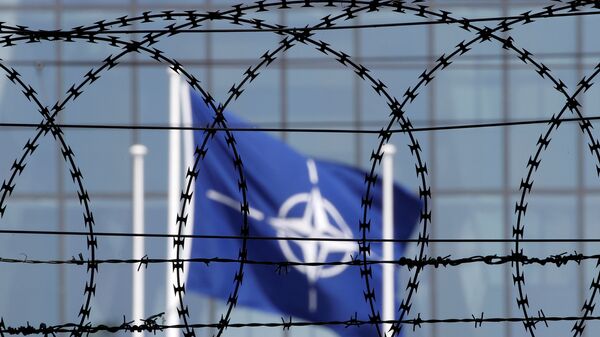Russia is disappointed over NATO's reaction at Russian President Vladimir Putin's proposal for a moratorium on deploying weapons previously banned under the Intermediate-Range Nuclear Forces Treaty (INF), Deputy Foreign Minister Sergey Ryabkov said on Tuesday.
"The reaction of NATO as a whole and its member states is disappointing. Unfortunately, we do not see readiness to follow our example, but we will continue working on the implementation of this idea, as a dramatic deterioration of security situation in Europe and, possibly, other regions is what may happen otherwise," Ryabkov told reporters.
Last week, NATO confirmed receiving a letter from Russia on the introduction of a moratorium on the deployment of short- and medium-range missiles in Europe but said it did not consider this proposal credible because of the Russian SSC-8 cruise missile.
The SSC-8 (9M729) is a Russian ground-launched cruise missile labelled as “missile of concern” by the United States after being test-launched from a road-mobile launcher in violation of the Intermediate-Range Nuclear Forces (INF) Treaty while Moscow claims the missile is fully compliant with the treaty.
The INF deal, signed by the United States and the Soviet Union in 1987, was terminated on 2 August at the United States' initiative after the country formally suspended its INF obligations six months earlier. Both countries had repeatedly accused each other of violating the deal, which banned any ground-launched ballistic and cruise missiles with ranges of 500 to 5,500 kilometres (310 to 3,417 miles).



